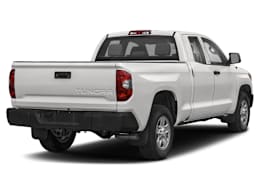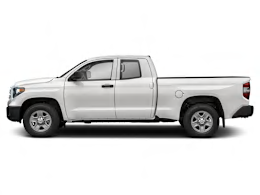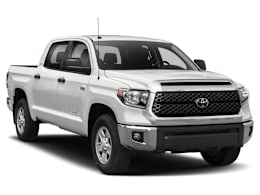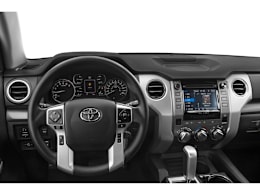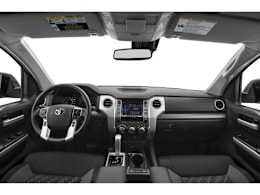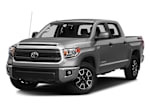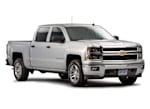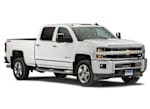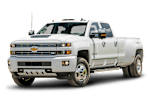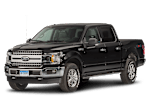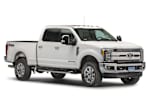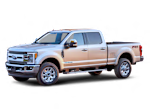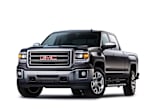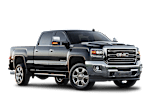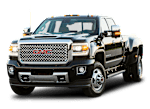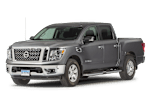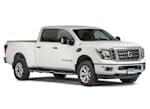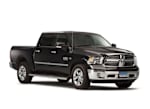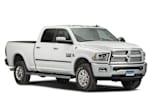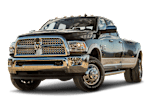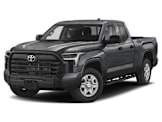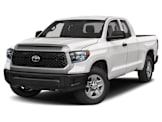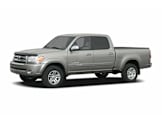Toyota tried hard to crack the full-size truck code with their second-generation Tundra, introduced in 2007. Unlike the original, this Texas-built version is sized on par with 1/2-ton domestic competition and offers similar towing and payload capabilities. Three different cab sizes and three different bed lengths are available. Our favorite engine choice is the rewardingly powerful 5.7-liter V8; thus equipped, the Tundra can tow around 10,000 pounds. Mated with a smooth and responsive six-speed automatic, we measured a competitive 15 mpg from this engine. Smaller available V6 and V8 engines are also smooth, but are less powerful. Off-road capability is impressive, but the four-wheel-drive system is part-time only. Handling is secure but there is no denying this is a big truck. Stability control is standard. Ironically, given the demure Tundras that preceded it, this generation lacks the refinement of many of the domestic competitors, which tend to be quieter and ride better. The ride in TRD-equipped Tundras is particularly stiff. Inside, there is plenty of room and supportive seats, but it can be a reach to the otherwise simple-to-use controls. Nice touches include a tilt-and-telescoping steering column, rare among trucks, and an easy-to-lift tailgate. While domestic trucks have received several updates, changes to the Tundra since its introduction have been minor, making later years feel somewhat dated. Probably the biggest Tundra advantage is the consistent superior reliability over the domestic rivals. The 2018 model receives the Toyota Safety Sense-P (TSS-P) as standard equipment on all trim lines. It includes forward-collision warning with automatic braking and pedestrian detection, lane-departure warning, and adaptive cruise control. Other 2018 updates include an new trim level, called called TRD Sport. Available on four- and two-wheel drive models, the added equipment includes stiffer suspension, 20-inch wheels, LED headlights, and various "TRD" badging.




